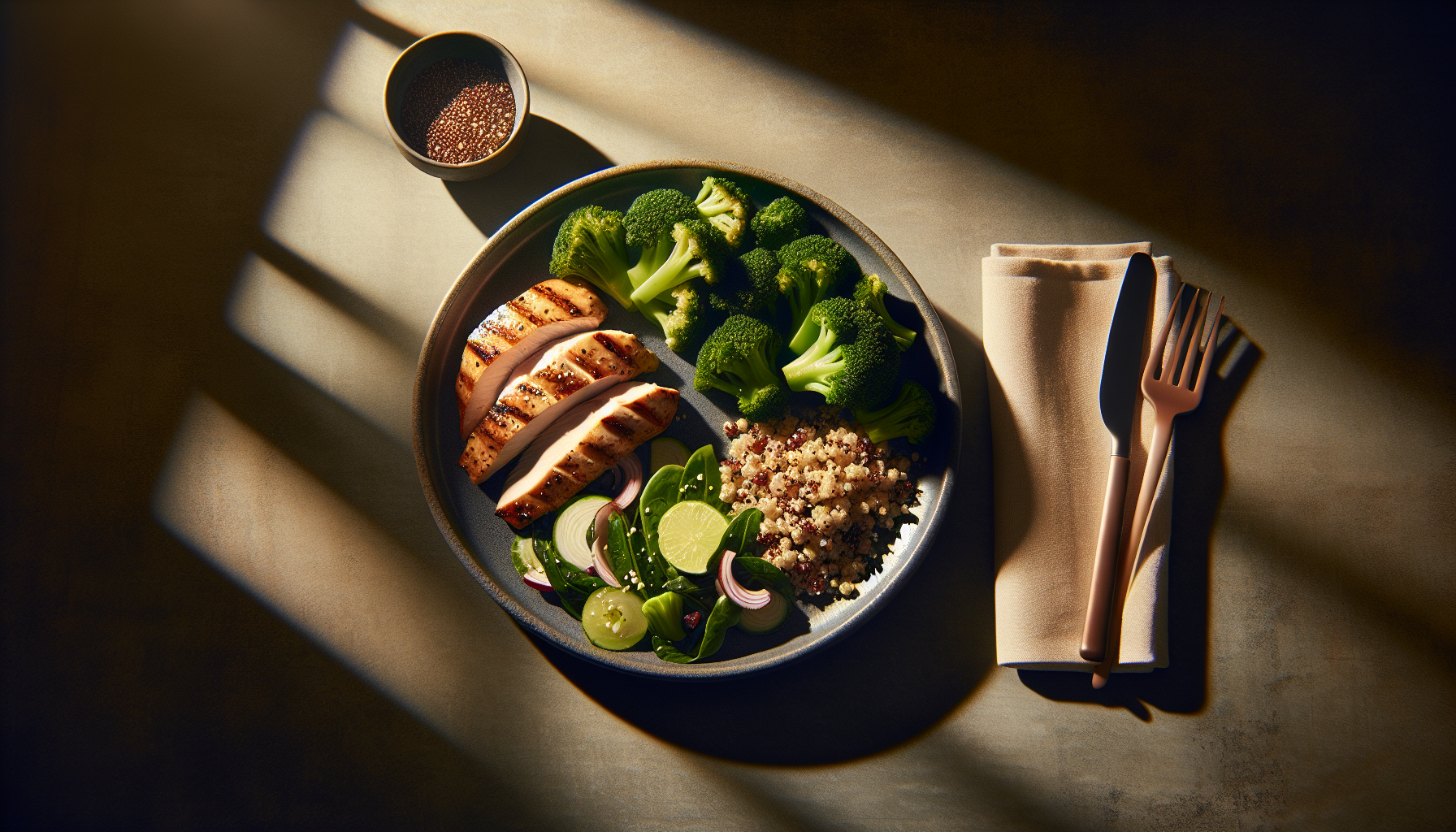Have you ever found yourself at a gathering, feeling a bit out of place because of your dietary restrictions? It’s a familiar scenario for many of us who need to follow a low-oxalate diet. Navigating social situations while being conscious of what you eat can be pretty challenging. So, how do you manage those moments with grace and ease?
Understanding the Low Oxalate Diet
Before diving into social situations, let’s take a moment to understand what a low-oxalate diet really is. Oxalates are naturally occurring compounds found in many foods. For those who are prone to kidney stones or certain other health issues, consuming high-oxalate foods can exacerbate their conditions. This diet typically recommends keeping oxalate intake to a minimum by avoiding foods that are known for their high oxalate content.
Why it Matters
Why is this important? Well, if you’re one of those who needs to adhere to a low-oxalate diet, being mindful of your food choices becomes essential. It’s not just about personal preference; it’s about managing your health. Understanding this can make it easier to explain your dietary choices to others.
Preparing for Social Gatherings
So, what do you do when you receive that invitation to a friend’s dinner or a colleague’s get-together? Preparation is a crucial step, and it can set you up for success.
Communicate Early
Consider reaching out to your host before the event. A simple message can go a long way. Let them know you’re on a low-oxalate diet and ask if they’d be open to accommodating your needs. Most people appreciate when guests communicate their dietary restrictions.
Offer to Bring a Dish
Taking a dish along is another great way to ensure you have something to eat that fits your diet. Pick a recipe that you love and is low in oxalates. Not only does this give you a safe option, but it also allows you to share something delicious with others.
Suggest Alternatives
If your die-hard favorite is on the menu, don’t hesitate to propose a low-oxalate alternative. If the group is having spinach dip, suggest a version made with other greens like arugula or kale. Often, people are willing to make a slight change if it means everyone can enjoy the meal.

Navigating Different Types of Social Situations
Every social situation has its own dynamics, which can affect how you approach your dietary restrictions.
Formal Dinners
For formal settings, you might find that hosts are more invested in ensuring a well-cooked meal. When you respond, provide specifics about your dietary needs.
Example:
If your host is serving something traditional, like a creamy soup with spinach, you can suggest a variation that uses a low-oxalate base like cauliflower instead.
| High Oxalate Foods | Low Oxalate Alternatives |
|---|---|
| Spinach | Kale, Arugula |
| Almonds | Pecans, Macadamia nuts |
| Sweet Potatoes | Butternut Squash |
Casual Meetups
At casual gatherings, such as a friend’s barbecue or a potluck, you might face less formality but more variety in food options.
Be Proactive
Scope out the food options as soon as you arrive. Don’t be shy about asking about specific dishes. Most people are happy to talk about what they’re serving. When it comes to grilling, choose options like chicken or fish without marinades that might involve high-oxalate ingredients.
Eating Out
Dining at a restaurant can trigger a bit of anxiety when you’re on a low-oxalate diet, but you can absolutely handle it!
Check the Menu Ahead of Time
Many restaurants post their menus online. Looking at what’s available before you get there can help you plan. You can spot low-oxalate options or even call ahead to discuss your needs with the restaurant staff.
Be a Food Detective
Once at the restaurant, don’t hesitate to ask questions. A good waiter will be familiar with the menu and be happy to discuss specific dishes with you. Being clear (but polite) about your dietary restrictions can help ensure you don’t accidentally make a choice that leaves you feeling miserable later.
Dealing with Questions and Criticism
You might encounter people who are genuinely curious or even skeptical about your dietary choices. Here’s how to handle those situations gracefully.
Education is Key
Sometimes, a simple explanation about why you’re avoiding certain foods can go a long way. You aren’t just being picky; you’re making choices for your health. A brief comment explaining your health issues can help others understand your motivations better.
Keep it Positive
Rather than feeling defensive when someone questions your diet, you might turn the conversation into an opportunity to share something interesting about low-oxalate foods. Who knows? You might inspire someone else to think about their diet!
Acknowledge Their Concerns
If someone’s genuinely concerned—maybe even worried that your diet is too restrictive—acknowledge their feelings. Let them know that you’re enjoying your diet and that it works for you. This can build rapport and turn a potentially awkward moment into a more amicable discussion.

Building Your Support System
Having a solid support system is invaluable, especially when dealing with a restrictive diet in social settings.
Seek Out Like-Minded Groups
Consider joining a support group, whether online or in person. Connecting with others who understand your journey can provide you with not just emotional support but practical advice and recipe sharing too.
Educate Friends and Family
Take the time to share your commitment to the diet with those closest to you. When your friends and family understand why it matters, they can be more empathetic and supportive when planning occasions.
Finding Your Confidence
Navigating social situations on a low-oxalate diet is not just about managing food choices; it’s also about building confidence in those choices.
Own Your Decisions
You’re choosing this diet for a reason, and that reason is valid. The more you own your choices, the easier it becomes to navigate social settings with confidence. Acknowledge that it’s okay to prioritize your health and well-being.
Practice Self-Compassion
It’s crucial to be kind to yourself in moments that feel overwhelming. If you slip up or feel tempted, recognize it as part of the process. The goal is not perfection but rather progress.

Dealing with Social Events: Real-Life Scenarios
Let’s break down a couple of common social situations you might encounter and how to handle them.
Scenario 1: Holiday Gatherings
Holidays can be especially tricky with all the delicious, festive foods around.
Tips:
- Bring a Low-Oxalate Dish: Make your own festive dish that fits within your dietary guidelines.
- Stay Balanced: Focus on enjoying time with family and friends rather than fixating on the food.
Scenario 2: Birthday Parties
Birthday cake is usually the star of the show.
Tips:
- Communicate Your Needs: Let the celebrant know ahead of time about your dietary restriction.
- Offer to Bring Dessert: This is a fun way to ensure you have a festive treat to enjoy without worry.
Conclusion: Embrace the Journey
Living with dietary restrictions doesn’t have to keep you from enjoying social situations. With a bit of preparation and proactive communication, you can navigate any gathering with confidence. Remember, your health is a priority, and that’s something to celebrate. As you continue on your low-oxalate journey, embrace the process. Each social setting can be an opportunity to not only share your dietary needs but to also connect with others over food—an essential part of our shared human experience. You’ve got this!


